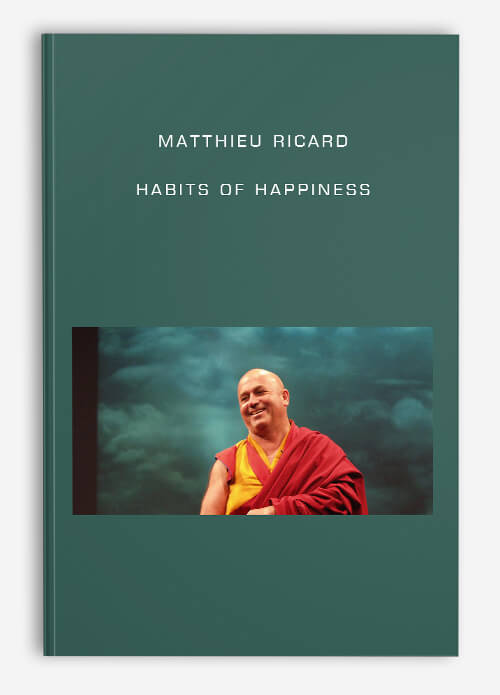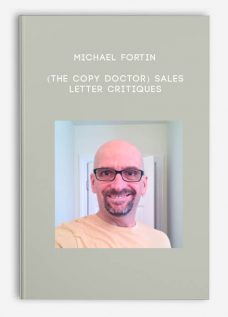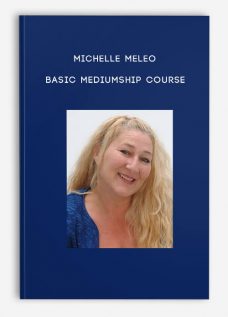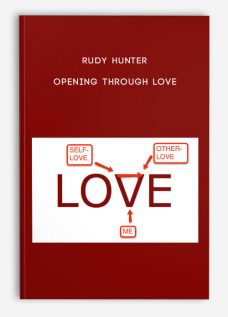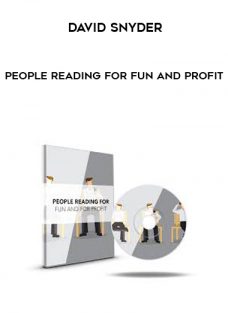Habits of Happiness by Matthieu Ricard
$27.00
Product Include:
File size:
- Description
Description
Habits of Happiness by Matthieu Ricard
**More information:
Get Habits of Happiness by Matthieu Ricard at bestoftrader.com
Description
We all somehow whether it’s consciously or not, directly or indirectly, in the short or the long term, in whatever we do, whatever we hope, whatever we dream, have a deep down desire for happiness and well-being.
If you observe the literature, of East and West, you can find incredible diversity in the definition of happiness. Some people say, I only believe in remembering the past, imagining the future, never the present. Some people say happiness is right now; it’s the quality of the freshness of the present moment.
It is vital to understand what happiness is as it will determine the quality of every instant of our lives. There are all kinds of confusions as to what it is, which is why so often, although we seek happiness, it seems we turn our back to it. Although we want to avoid suffering, it seems we are running somewhat towards it.
One of the most common ones is happiness and pleasure. But, if you look at the characteristics of those two, pleasure is contingent upon time, upon its object, upon the place. It is something that — changes of nature. For example with chocolate cake: the first serving is delicious, second one not so much, then we feel disgust. However happiness, or to put it less vaguely, well-being is not just a mere pleasurable sensation. It is a deep sense of serenity and fulfilment, a state that actually pervades and underlies all emotional states, and all the joys and sorrows that can come one’s way.
In our quest for happiness instead of looking outside we should look inwards. You do not need to have outward conditions to have well being, but have strong inner conditions with which we perceive the world as it is, the mind that translates everything into happiness and suffering.
But if we observe our own experiences, anger, hatred, jealousy, arrogance, obsessive desire, they don’t leave us in such a good state. And also, they are detrimental to others’ happiness. So we may consider that the more those emotions are invading our mind, the more we feel miserable, we feel tormented. On the contrary, everyone knows deep within that in an act of selfless generosity, we could save a child’s life, make someone happy. We don’t need the recognition. We don’t need any gratitude. Just the mere fact of doing that fills such a sense of adequacy. And we would like to be like that all the time. We have this ability to change the way we think. Consciousness is like a mirror that allows all images to rise on it. You can have ugly faces, beautiful faces in the mirror. The mirror allows that, but the mirror is not tainted, is not modified, is not altered by those images.
There are several ways to try and train our minds. Mind training is based on the idea that two opposite mental factors cannot happen at the same time. You could go from love to hate. But you cannot, at the same time, toward the same object, the same person, want to harm and want to do good. So that’s the way to proceed. Rejoicing compared to jealousy. A kind of sense of inner freedom as opposite to intense grasping and obsession.
Another way is to try to find a general antidote to all emotions. Usually, when we feel annoyed, hatred or upset with someone, or obsessed with something, the mind goes again and again to that object. Each time it goes to the object, it reinforces that obsession or that annoyance. So then, it’s a self-perpetuating process. So what we need to look now is, instead of looking outward, we look inward. Look at anger itself. If you look at the thought of anger, it will vanish like frost under the morning sun. If you do this again and again, the propensity, the tendencies for anger to arise again will be less and less each time you dissolve it. This mind training will take time, of course, but it’s the only way to go.
We scientifically analysed the brains of people meditating on the idea of compassion and as we can observe from results they are much happier. This all shows that mind training matters. That this is not just a luxury. This is not a supplementary vitamin for the soul. This is something that’s going to determine the quality of every instant of our lives. We are ready to spend 15 years achieving education. We love to do jogging, fitness. We do all kinds of things to remain beautiful. Yet, we spend surprisingly little time taking care of what matters most — the way our mind functions — which, again, is the ultimate thing that determines the quality of our experience.

